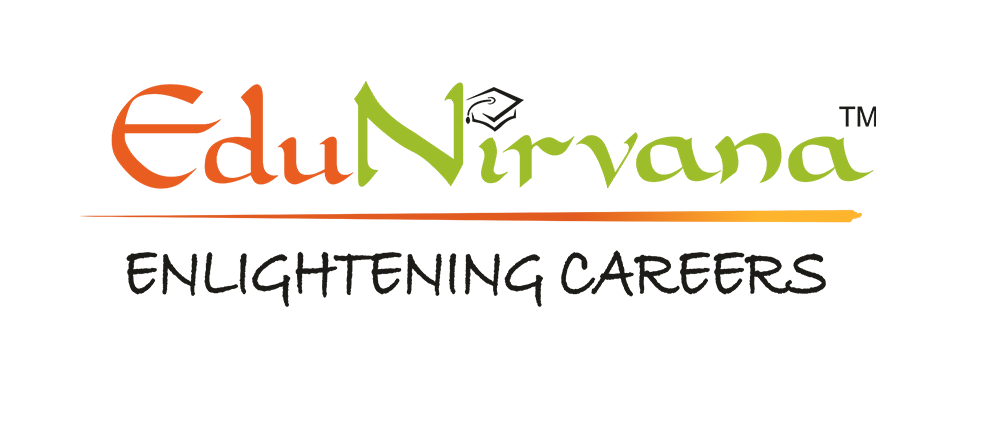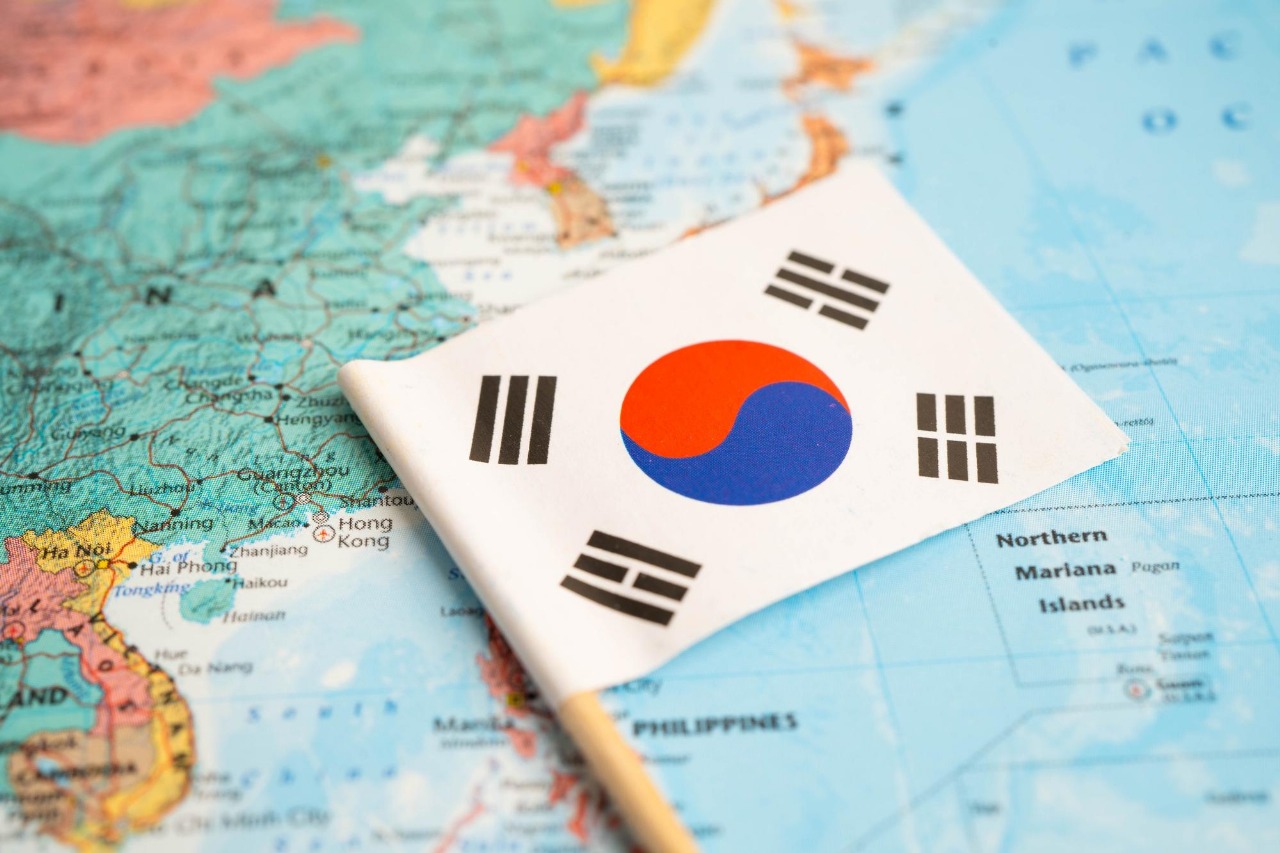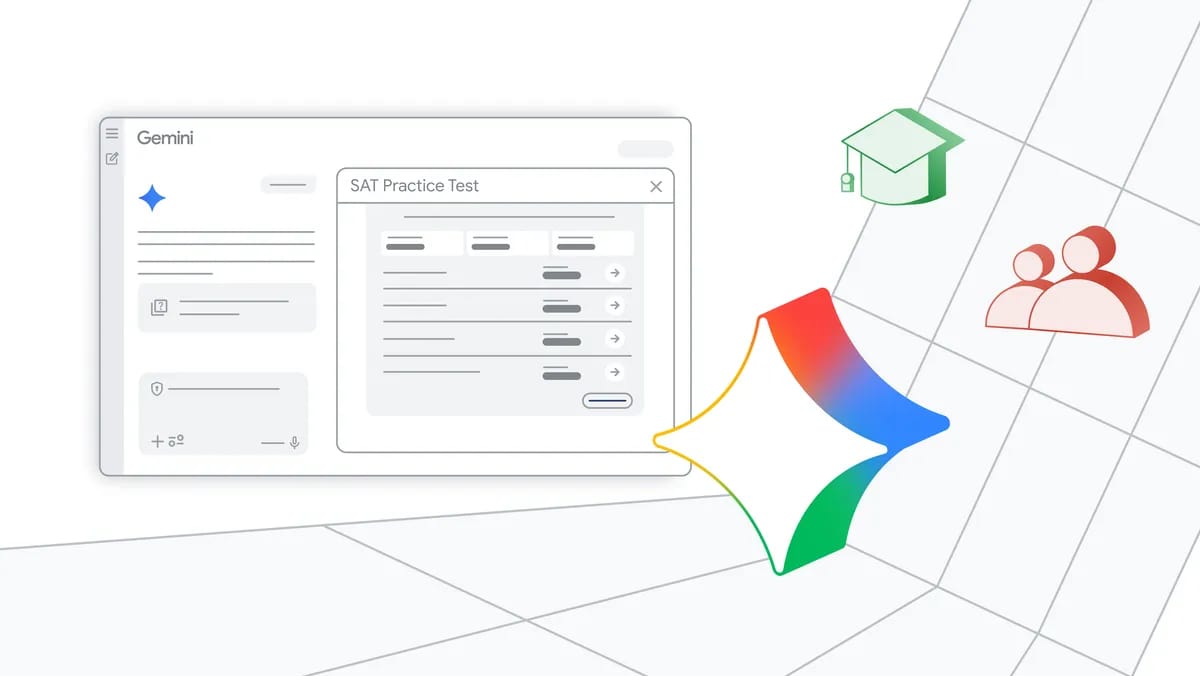South Korea has emerged as a dynamic and attractive destination for international students, offering world-class education combined with a rich culture and technological innovation. Known for its prestigious universities, advanced research facilities, and booming economy, South Korea is a top choice for students aiming to study abroad in 2026. This blog covers the essentials you need to know: top universities, tuition fees, living expenses, application process, popular courses, and job opportunities.
Top Universities in South Korea
South Korea is home to several globally ranked universities that offer high-quality education and research opportunities. Some of the top institutions include:
- Seoul National University (SNU)
- Korea Advanced Institute of Science and Technology (KAIST)
- Yonsei University
- Sungkyunkwan University (SKKU)
- Pohang University of Science and Technology (POSTECH)
- Korea University
Tuition Fees
Tuition fees in South Korea vary widely depending on the university and the program chosen. On average, students can expect to pay between KRW 4M–8M/year (₹3–7L/year). Engineering and science programs tend to charge toward the higher end of this range, while courses in business and social sciences usually have slightly lower fees. Additionally, many universities offer scholarships based on merit and financial need, which can significantly reduce the overall cost of education for international students.
Living Expenses and Application Process
Living expenses in South Korea are moderate compared to Western countries, but vary by city:
- Yearly Living Costs: Average between KRW 6M–9M/year (₹4–6L/year), covering accommodation, food, transportation, and personal expenses.
- Seoul, being the capital, tends to be on the higher side compared to other cities like Busan or Daegu.
The application process typically involves:
- Select your program and university on the official university website or centralized application portals.
- Submit academic transcripts, proof of language proficiency (TOPIK for Korean-taught courses, IELTS/TOEFL for English-taught courses), statement of purpose, and letters of recommendation.
- Paying a non-refundable application fee.
- Applying for a student visa (D-2 visa) once admitted.
Popular Courses
South Korea’s education system is recognized for its strong emphasis on practical skills, research, and close collaboration with industry partners, ensuring students are well prepared for global careers. Popular courses for international students include:
- Engineering and Technology (electronics, computer science, mechanical)
- Business Administration and Management
- Medicine and Health Sciences
- Natural Sciences and Environmental Studies
- Humanities and Social Sciences
- Korean Language and Cultural Studies
Job, Internship & Work Opportunities
International students in South Korea can work part-time for up to 25 hours per week during the semester and full-time during vacations. Universities offer strong links with local firms and multinational companies, making it easy to access internships in technology, business, and healthcare. After graduation, students can extend their stay to search for jobs in their field, with leading employers like Samsung, LG, Hyundai, and SK Telecom offering good career prospects for foreign graduates.
Conclusion
Studying in South Korea means joining a vibrant academic community in a country famous for technological innovation and cultural richness. With prestigious universities like Seoul National University and KAIST, a range of English-taught programs, reasonable tuition fees, and good living standards. South Korea offers an excellent platform for international students. Career-focused programs, practical internships, and the opportunity to work while studying. This make it an attractive destination for students pursuing global careers in 2026.











